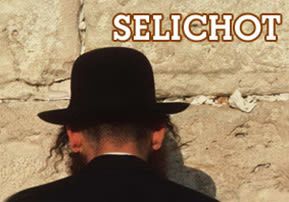
Selichot
In general, the best time to say Selichot is at the end of the night, just before the morning. In Jewish mysticism, this time is considered an especially favorable time...

What are Selichot?
The word selichot means forgiveness (as in the modern Hebrew word, selicha.) Selichot refer to a series of penitential prayers recited in preparation for the High Holy Days– Rosh Hashanah and Yom Kippur.
The Selichot prayers revolve around the “Thirteen Attributes of Mercy” (Yud Gimmel Middot) which God taught to Moshe (Moses) after the sin of the Golden Calf. These thirteen attributes are the ways in which the Almighty relates to the world. They are: “Merciful God (Hashem), merciful God (Hashem), powerful God (E-l), compassionate (Rachum) and gracious (v’Chanun), slow to anger (Erech Apayim), and abundant in kindness (v’rav chessed) and truth (v’emet). Preserver of kindness for thousands of generations (Notzer Chessed La-Alafim), Forgiver of iniquity (Nose Avon), willful sin (Va-Phesha) and error (VeChataah), and Who cleanses (VeNake)” (Shemot 34:6-7).
For an explanation of the Thirteen Attributes of Mercy, click here.
When are Selichot recited?
Selichot are recited daily, beginning the Saturday night or early Sunday morning before Rosh Hashanah and continuing through Yom Kippur. If Rosh Hashanah falls on Monday or Tuesday, then Selichot begins ten days prior, on Saturday night. If Rosh Hashanah falls later in the week, then Selichot begins the Saturday night or early Sunday morning prior to Rosh Hashanah. Sefardi Jews begin reciting Selichot immediately after Rosh Chodesh Elul.
Both Sefardim and Ashkenazim continue reciting Selichot until Yom Kippur. The Selichot service takes approximately forty-five minutes to an hour. In general, the best time to say Selichot is at the end of the night, just before the morning. In Jewish mysticism, this time is considered an especially favorable time, in terms of the “presence” and “closeness” of God.
Viduy
Selichot has the same root as the word selichah, asking for forgiveness. Central to the Selichot service is the Viduy, confession prayer, when we confess our sins directly to God and ask Him to forgive us. When reciting Viduy, we say, “slach lanu, machel lanu, kaper lanu,” “forgive us, erase our sin and give us an atonement.” These three words, Selicha [slach], mechila [machel], and kapara [kaper] all refer to the concept of forgiveness. How do they differ?
Selichah, usually translated as “forgiveness” is the first step that we must take after committing a sin; be it a sin against God or a sin against Man. When we ask forgiveness we say, “I am sorry for what I did; I sincerely regret having done it, and I will never do it again.”
“Mechilah,” most often translated as “wiping away” We are asking Hashem to return our relationship to the way it was before the sin.
“Kapparah,” is usually translated as “atonement,” as in Yom Kippur, the Day of Atonement. Hashem reaches inside a person and offers him comfort.
May we find the strength to truly repent, and may we be granted a full forgiveness, so we can begin the New Year with a clean slate.


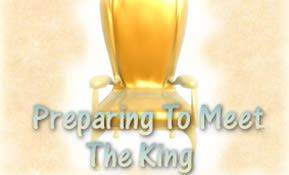
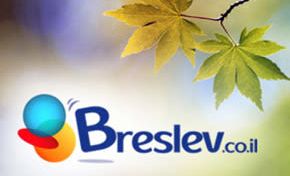

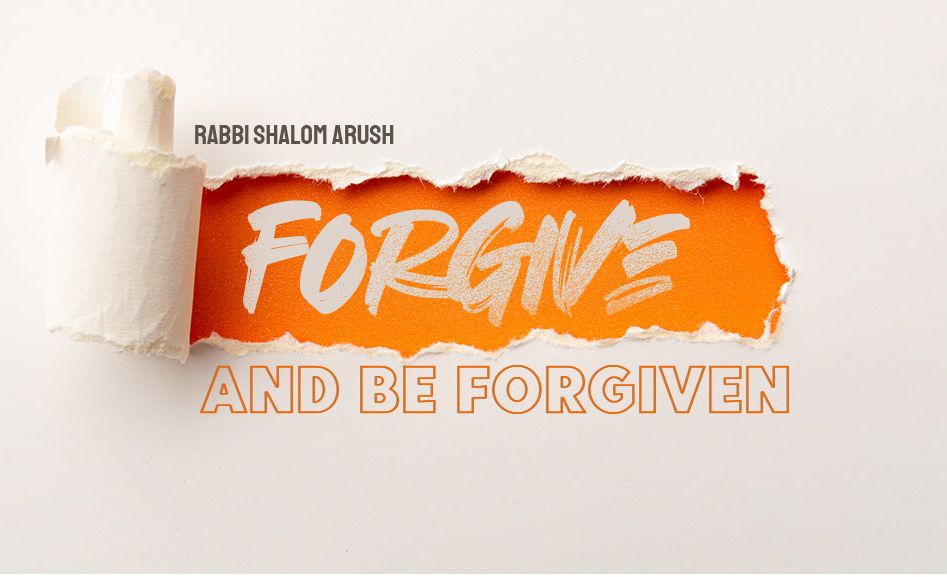

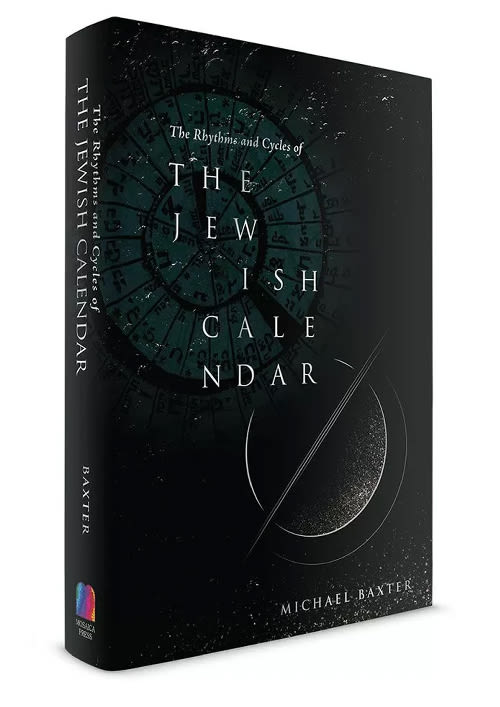
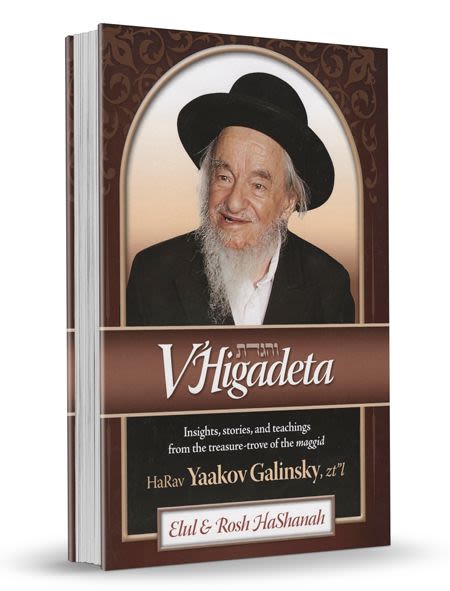
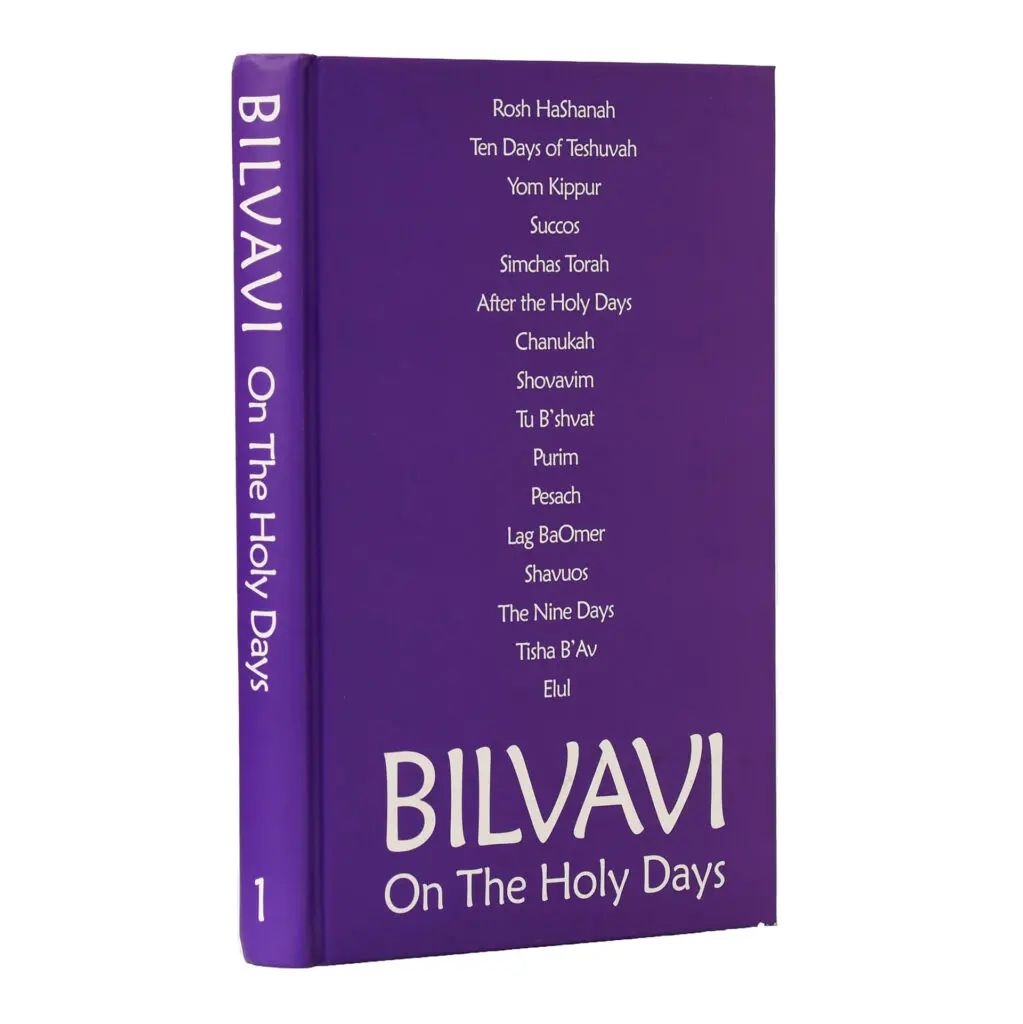
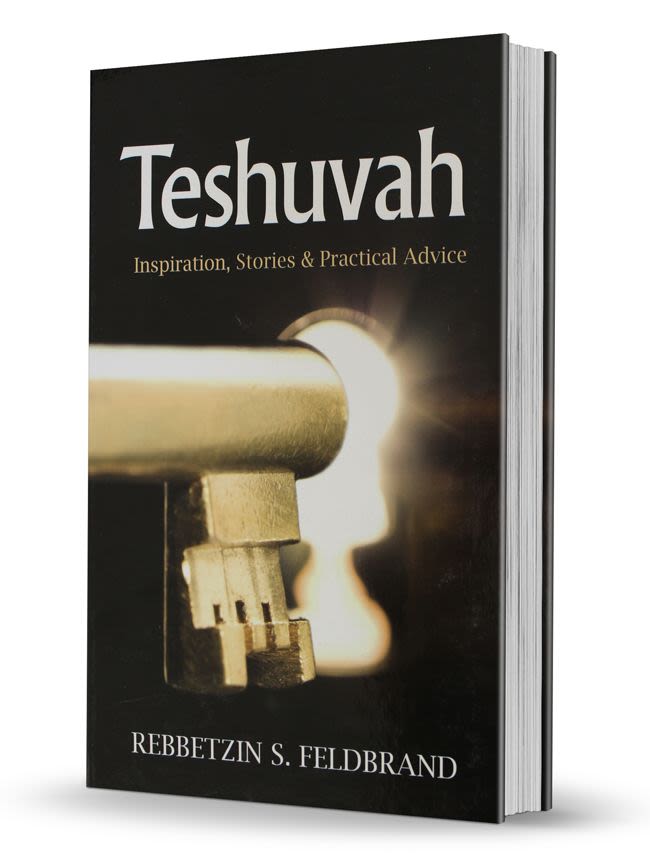

Tell us what you think!
Thank you for your comment!
It will be published after approval by the Editor.